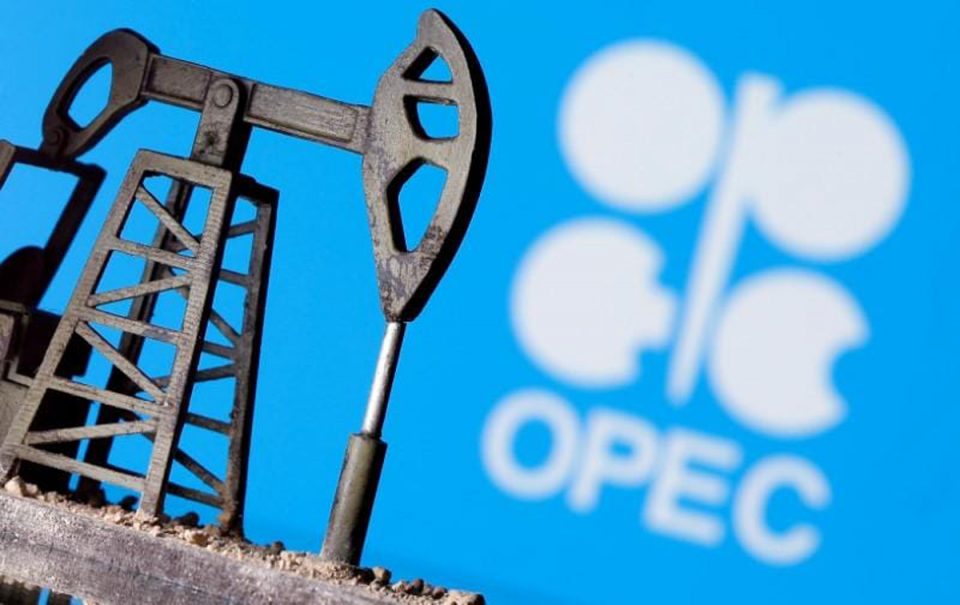Photo caption: OPEC logo
All the countries in the OPEC+ pact saw their combined crude oil production drop by 106,000 barrels per day (bpd) in April compared to March, despite the pledge of the eight OPEC+ producers who are withholding supply to begin easing their cuts.
OPEC+ producers Saudi Arabia, Russia, Iraq, UAE, Kuwait, Kazakhstan, Algeria, and Oman have decided to begin raising production in April, for the first time since 2022.
The figures in OPEC’s Monthly Oil Market Report (MOMR) published today suggest that the eight OPEC+ producers added fewer than 30,000 bpd to their collective supply in April, versus plans to add 138,000 bpd.
Saudi Arabia, OPEC’s top producer and leader of the OPEC+ pact, raised its production by 49,000 bpd compared to March and pumped 9 million bpd in April, according to OPEC’s secondary sources.
Elsewhere among the OPEC producers, declines in the sanctioned Iran and Venezuela, as well as in Nigeria, which frequently faces force majeure circumstances, offset the Saudi hike. Total OPEC production dropped by 62,000 bpd in April compared to March.
Among the non-OPEC producers part of OPEC+ that have vowed cuts, a 41,000 bpd decline in Kazakhstan’s crude oil production didn’t help the country to be anywhere near in line with its OPEC+ quota. Kazakhstan pumped 1.823 million bpd in April, per OPEC’s secondary sources. This is well above the 1.468 million bpd production quota.
Last week, Kazakhstan’s energy ministry said that the country doesn’t plan to cut its crude and condensate production in May.
OPEC’s numbers in its market report showed today that the OPEC+ producers didn’t rush to add a net 138,000 bpd to the market in April, while some of the worst offenders in compliance reduced some output.
For May and June, the eight OPEC+ producers plan 411,000 bpd output hikes in each of the months.
With the planned hikes this month and next, Saudi Arabia is signaling that it will not tolerate any longer OPEC+ producers regularly busting their quotas while others, such as the Kingdom, stick to their production ceilings per the OPEC+ agreement. Analysts also say that the Saudis are leading another OPEC+ effort to discipline the U.S. shale industry and force a slowdown in drilling activity and production growth through oil prices lower than the breakevens for new shale wells.
=== Oilprice.com ===



